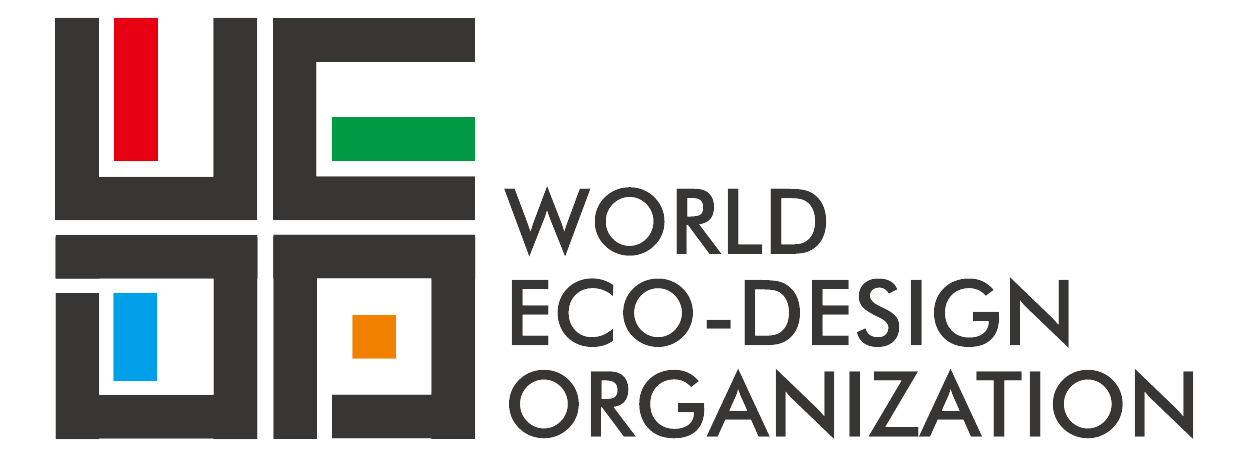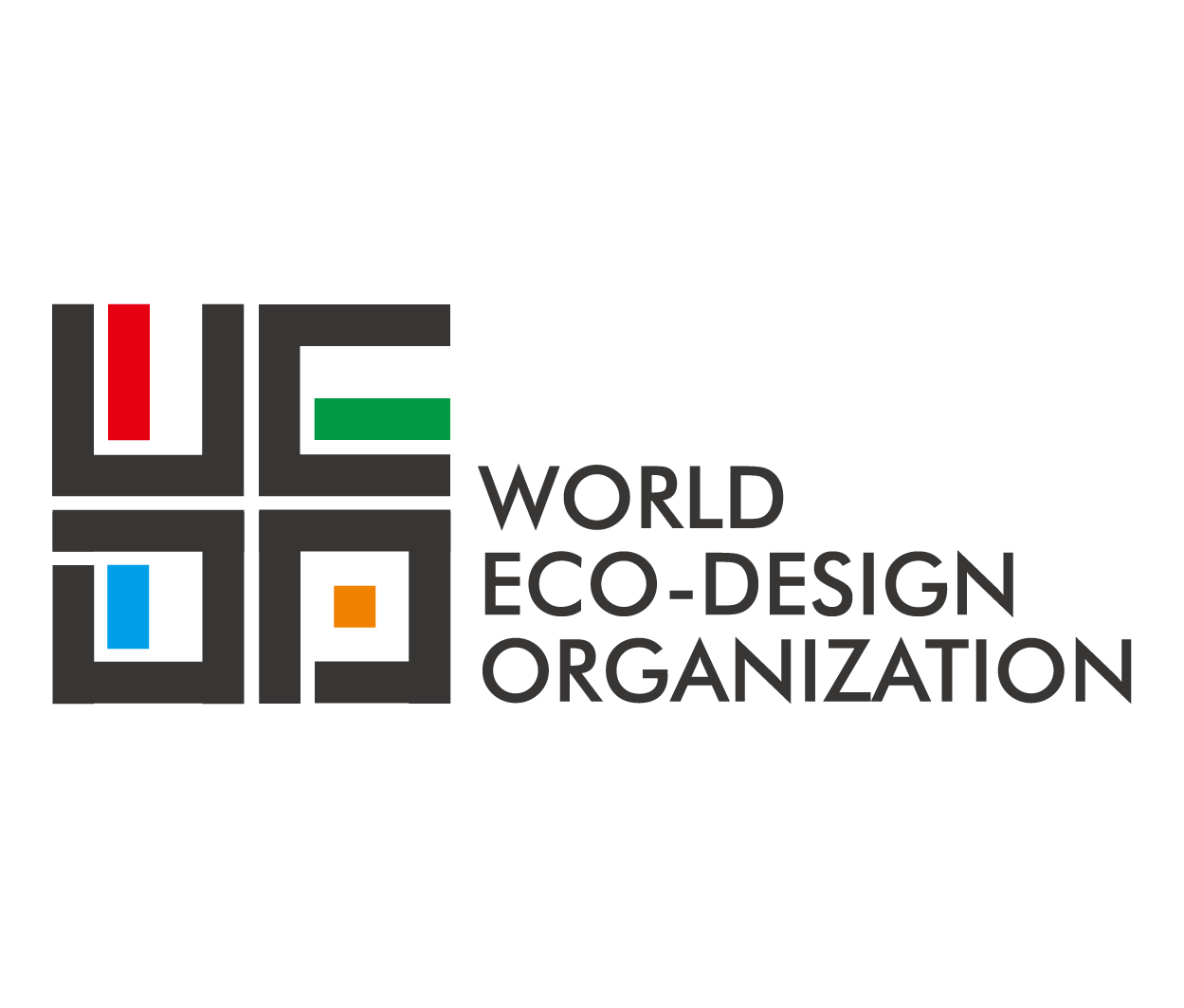In March, the Standardization Administration of the People's Republic of China (SAC) issued an announcement on the establishment of six standardization technical organizations. Ying Fangtian, President of the National Eco-Industrial Design Institute (EIDI) was appointed as a member of the Standardization Working Group 31 on Industrial Design Fundamental of Standardization Administration of China (SAC/SWG31). On the afternoon of July 17th, the Inaugural Meeting and the First Plenary Session of the SAC/SWG31 were held in Beijing.
The SAC/SWG31 was established according to the relevant composition plan of the Announcement of the Standardization Administration of the People’s Republic of China No.2 of 2023. The first working group consists of 31 members, and the Secretariat is undertaken by the China National Institute of Standardization, mainly responsible for the revision of basic national standards in the field of industrial design, including terminology definitions, general principles, processes and methods, and quality assessment (excluding environmental design).
The EIDI is committed to promoting high-quality development through standardization construction and has established the Quality Standard Laboratory to undertake fundamental science and applied research on quality standards. The team consists of more than 50 experts from nearly 30 universities and enterprises, forming a think tank for standardization construction. Through its own platform construction, it has the qualifications for group standards’ formulation, accreditation, issuance and governance. It has already led the publication of a standard in the field of digital art and design, which involves the participation of 20 universities and enterprises nationwide, and has initiated the establishment of three standards in the rural revitalization field.
The EIDI fully implements the spirit of documents such as the Outline to Improve Quality of Development and the National Standardization Development Outline issued by the CPC Central Committee and the State Council. It openly initiates the collection of proposals for group standards, promotes innovation in the operation mechanism of standardization, and promotes the optimization of the dual structure of government-promulgated standards and market-driven standards. It aims to establish a new type of standard system that achieves coordinated and complementary development, continuously improving the quality and efficiency of standard supply, and harnessing standards as a driving force for high-quality development.






 en
en



 Guangzhou,China
Guangzhou,China +86 - 19925740779
+86 - 19925740779 wedc@vip.126.com
wedc@vip.126.com










